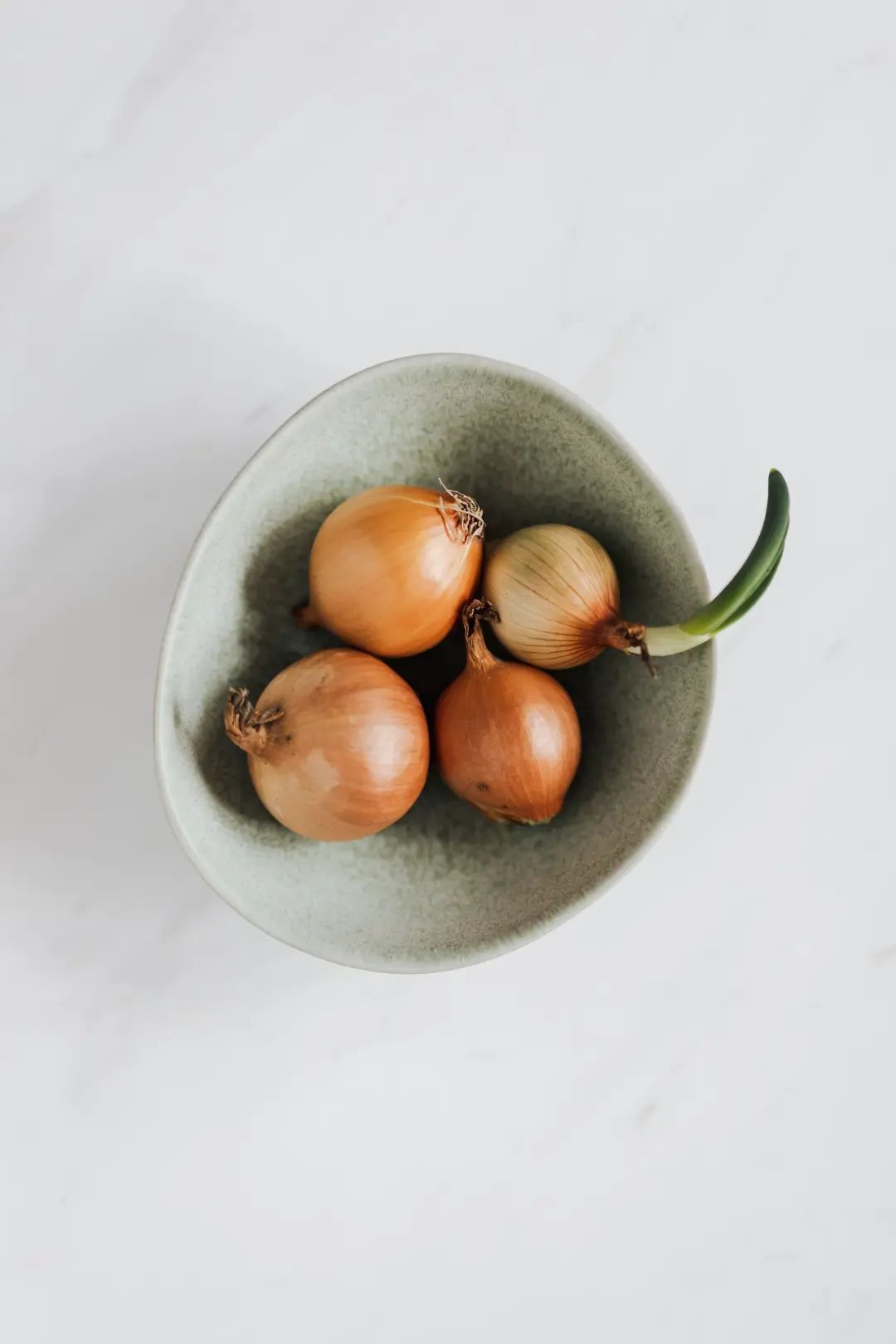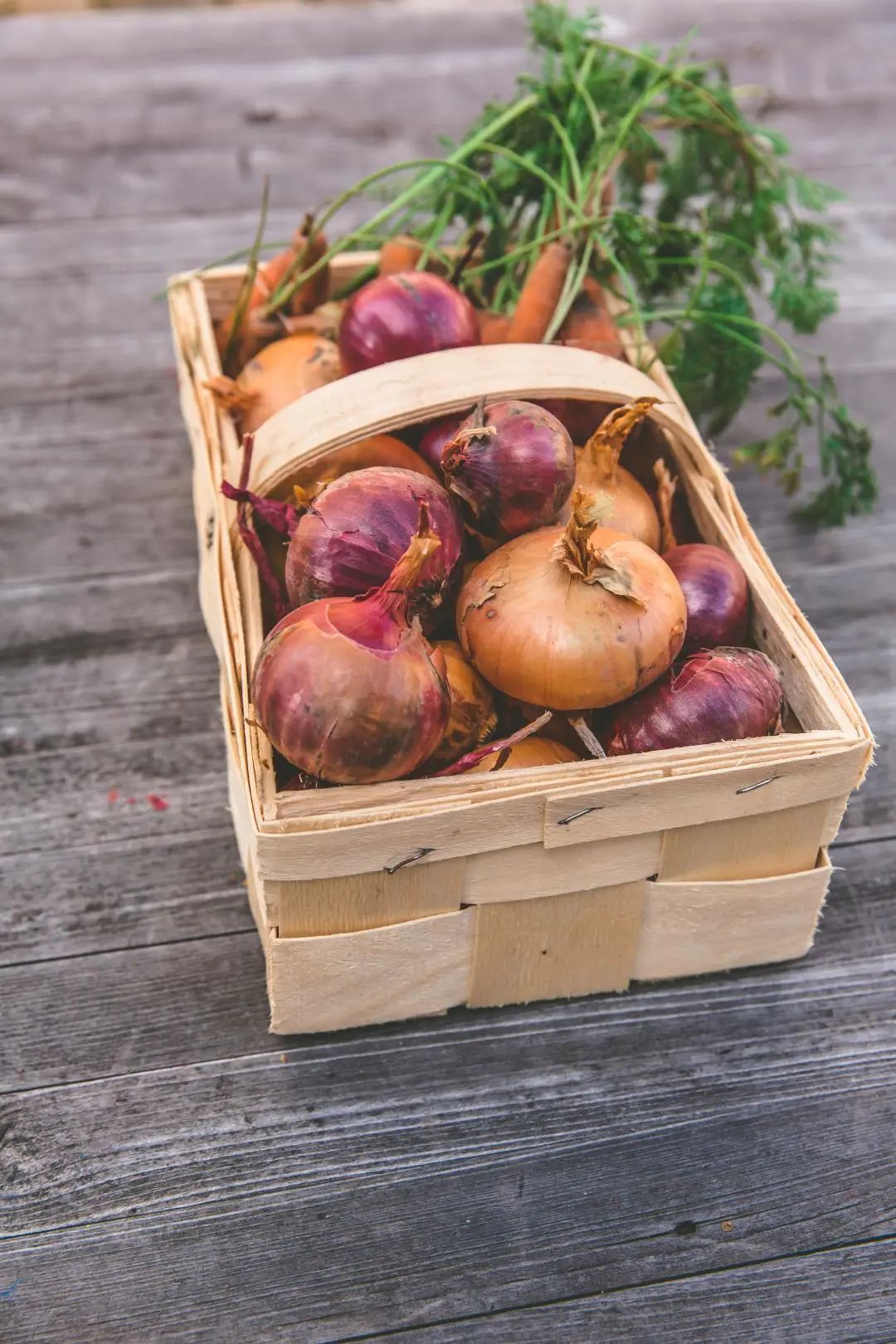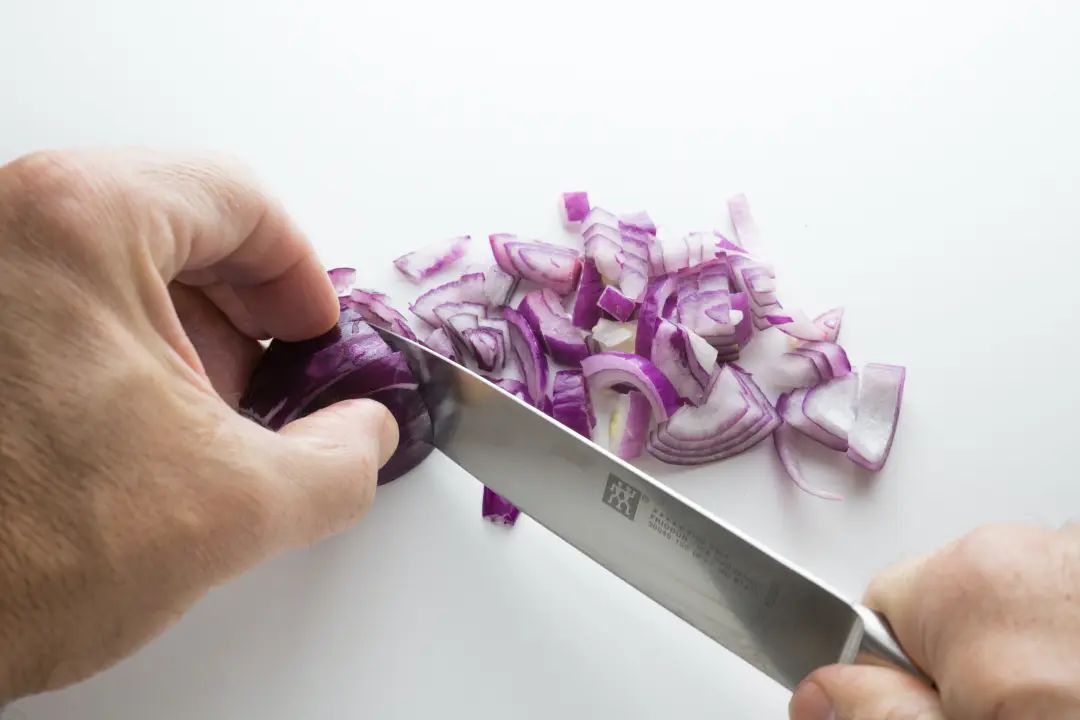Onion is a very common home-cooked dish
Many people like to eat onions
I think it has high nutritional value
Not only can help bactericidal, anti-oxidation
It can also protect the cardiovascular system
It’s called an edible “heart stent”
Are these claims true?
❖
Are onions edible “heart stents”?
Onions contain a variety of sulfides, which can help inhibit the synthesis of cholesterol, help dilate blood vessels, and have the effect of preventing thrombosis and arteriosclerosis. The quercetin in onions is a type of flavonoid that helps fight blood clots, inflammation, and oxidation. It can also help reduce cholesterol in the blood and scavenge free radicals in the body. Onion contains prostaglandin A, which is a strong vasodilator, which can reduce blood viscosity, increase coronary blood flow, and play an auxiliary role in the prevention and treatment of cardiovascular and cerebrovascular diseases such as hypertension and hyperlipidemia. A variety of nutrients contained in onions protect cardiovascular health in various ways. Therefore, in cardiovascular diseases, onions have the reputation of “heart stents”.

How to eat onions without losing nutrients?
Experts recommend: eat raw, stir-fry quickly. Note: It is not advisable to eat too much onion at one time. It is recommended that the daily consumption of onion is about 100 grams, which is equivalent to half of a medium-sized onion. Different foods can provide different nutrients. Although onions are a healthy food, it is also recommended to eat them with other vegetables for better results.
Which groups of people are not recommended to eat onions?
The high content of irritating substances in raw onions will stimulate the gastric mucosa and cause gastrointestinal discomfort. Therefore, patients with gastritis, gastric ulcers and duodenal ulcers are not recommended to eat raw onions. Raw onions are irritating to the stomach, but it doesn’t mean eating cooked onions is fine. Regardless of whether it is raw or cooked, the stomach is prone to gas production after eating onions, causing abdominal distension and abdominal pain. Therefore, it is not recommended for patients with gastrointestinal surgery to eat onions. In addition, people who are prone to allergies and those suffering from itchy skin diseases are not recommended to eat onions.

Are onions really bactericidal?
Answer: No. Experts said that although 100 grams of onion juice has a certain bacteriostatic effect within a certain period of time, the bacteria may resume growth in the later stage, so how many onions should be eaten to achieve the bacteriostatic effect cannot be calculated by the human body. According to the popular diet, daily intake of 100 grams of onions has no bactericidal effect.
Do onions really have antioxidant properties?
Answer: Yes. Experts said that through experiments, it was found that onions do contain some polyphenolic compounds, which have antioxidant effects. Which color of onion has the best antioxidant effect? Experts said that the overall difference between purple onion, yellow onion and white onion is not significant, so the antioxidant capacity of the three colors of onion is similar.
Afraid of the onion irritating eyes, you can cut it like this
1. You can put the onion in the refrigerator for a few hours, or in the freezer for about half an hour, and then cut it. 2. You can also soak the kitchen knife in cold water for a while before cutting the onion, and then cut it after soaking it in water. 3. The easiest way is to wear glasses and goggles.

Health
Kang
Guidelines
1. Onion has no bactericidal effect.
2. Onion has antioxidant effect.
3. Onions are known as edible “heart stents”. Regular consumption of onions in moderation has a certain auxiliary effect on the prevention and treatment of hypertension, hyperlipidemia, and cardiovascular and cerebrovascular diseases.
4. Expert recommendation: eat raw, stir-fry quickly.
Yue Hong, associate researcher, Beijing Institute of Nutritional Sources, and Zhu Kui, professor of veterinary pharmacology and toxicology, School of Veterinary Medicine, China Agricultural University
Source/CCTV Life Circle